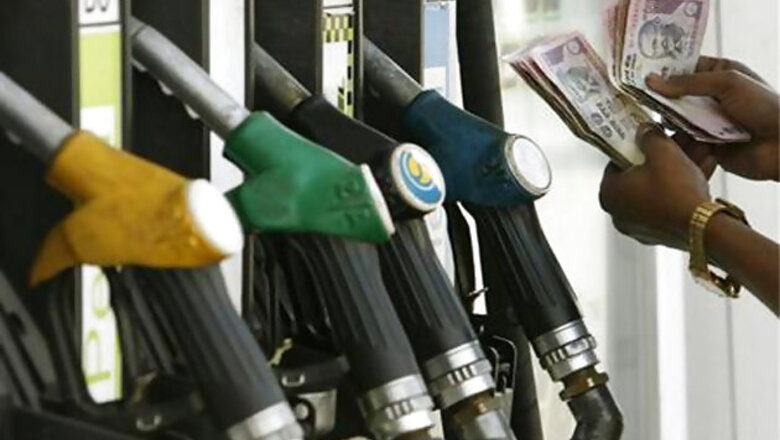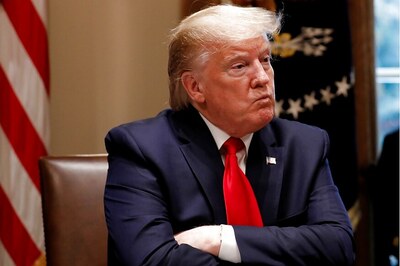
views
New Delhi: Due to the policy of administered pricing of petrol, diesel, LPG and kerosene, the under recoveries on account of the subsidised petroleum for 2011-12 were to the tune of Rs 1,40,000 crore. This does not include the under-recovery on account of petrol as its price was set free but with Indian characteristics.
The government has not permitted the oil marketing companies (OMCs) to raise petrol price and also has not recognised its obligation to compensate the OMCs for it. Only recently petrol price has been raised. This has increased the difference between petrol and diesel prices substantially. As a consequence, the domestic sale of diesel has grown at a higher rate than petrol for the first time in 14 years. Also the consumption of diesel has grown in the 2011-2012 at 7.5 per cent. The 7.5 per cent growth rate cannot be explained by the growth rate of GDP or by that of a rise in number of diesel-driven vehicles. Since diesel price is controlled but furnace oil is free, in December 2011, the retail price of diesel adjusted for calorie difference was Rs 7 per litre lower than that of furnace oil. As a result diesel is fed in place of furnace oil.
On February 24, 2012, diesel price was Rs 40.90 a litre compared to Rs 65.64 for petrol. As a consequence, the share of diesel-driven passenger cars has increased and has become 50 per cent of the sale of new cars. They will demand diesel for many years to come.
It is thus important to reduce distortion in the pricing of petroleum products by raising diesel prices, which will also help to reduce under recoveries. However, that may add to inflation. On the other hand, large under recoveries financed by the government have their own impact on inflation one way or the other. The under recoveries persist month after month and its impact may be substantial over time.
The government can, however, raise diesel price by Rs 2 per litre, fix the subsidy to Rs 8 per litre and deregulate the diesel price. As prices change on the world market, domestic diesel price can be adjusted gradually. If we are lucky and world crude price comes down, the level of subsidy can be gradually reduced. This is a practical solution at the present stage.
There is one more thing that the government can do. It can at least recover the subsidy on diesel from the users of diesel passenger cars without dual pricing which encourages leakages and corruption. Reintroduce the annual road tax that was common some years back and which is still common in many countries. A differential road tax can be imposed on diesel vehicles to account for not only the difference in excise tax between diesel and petrol but also for the subsidy on diesel. This will also reduce the distortion in purchase of vehicles that is taking place.
(The writer is chairman, Integrated Research and Action for Development (IRADe), and a former member of the Planning Commission)


















Comments
0 comment